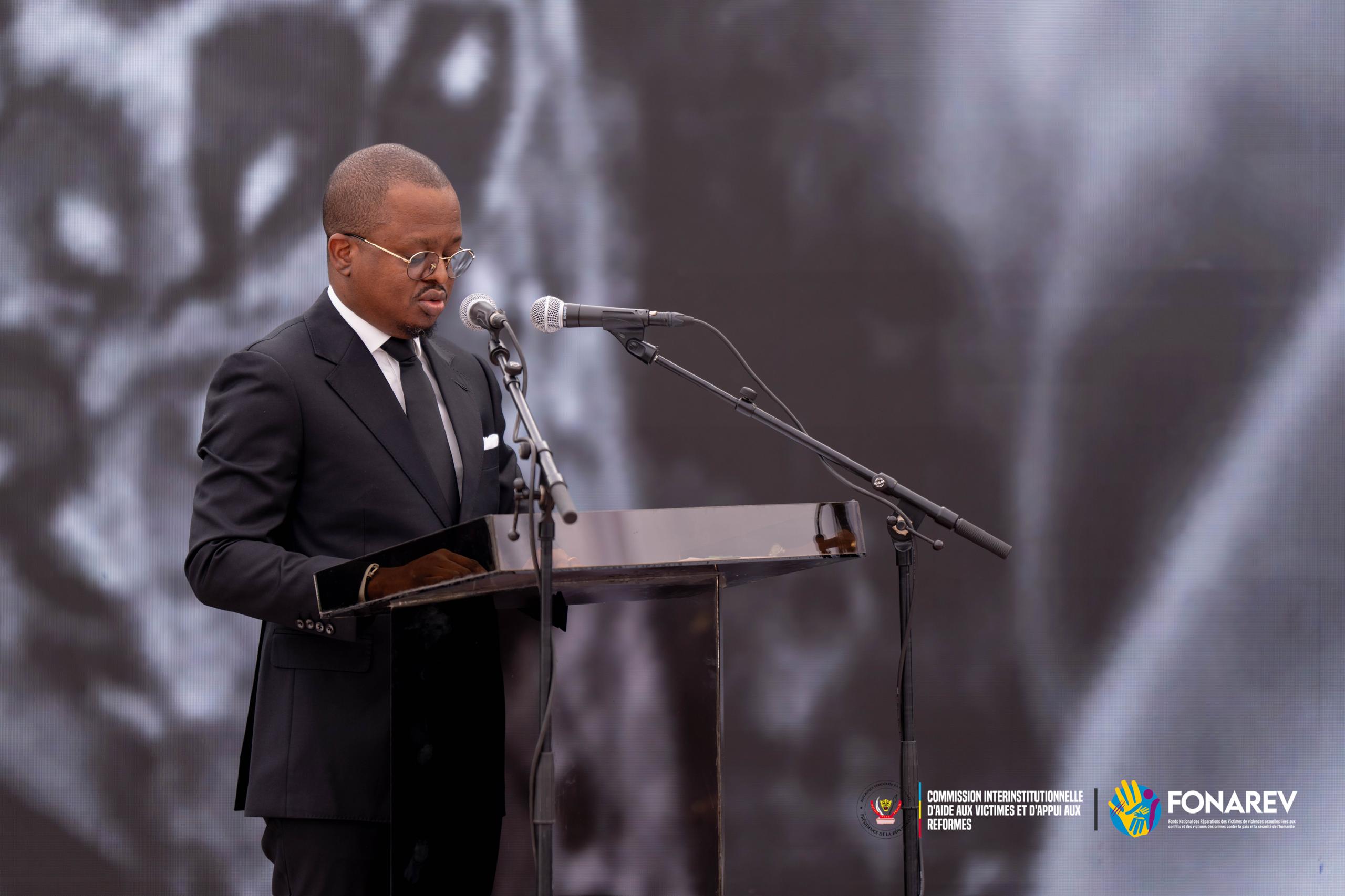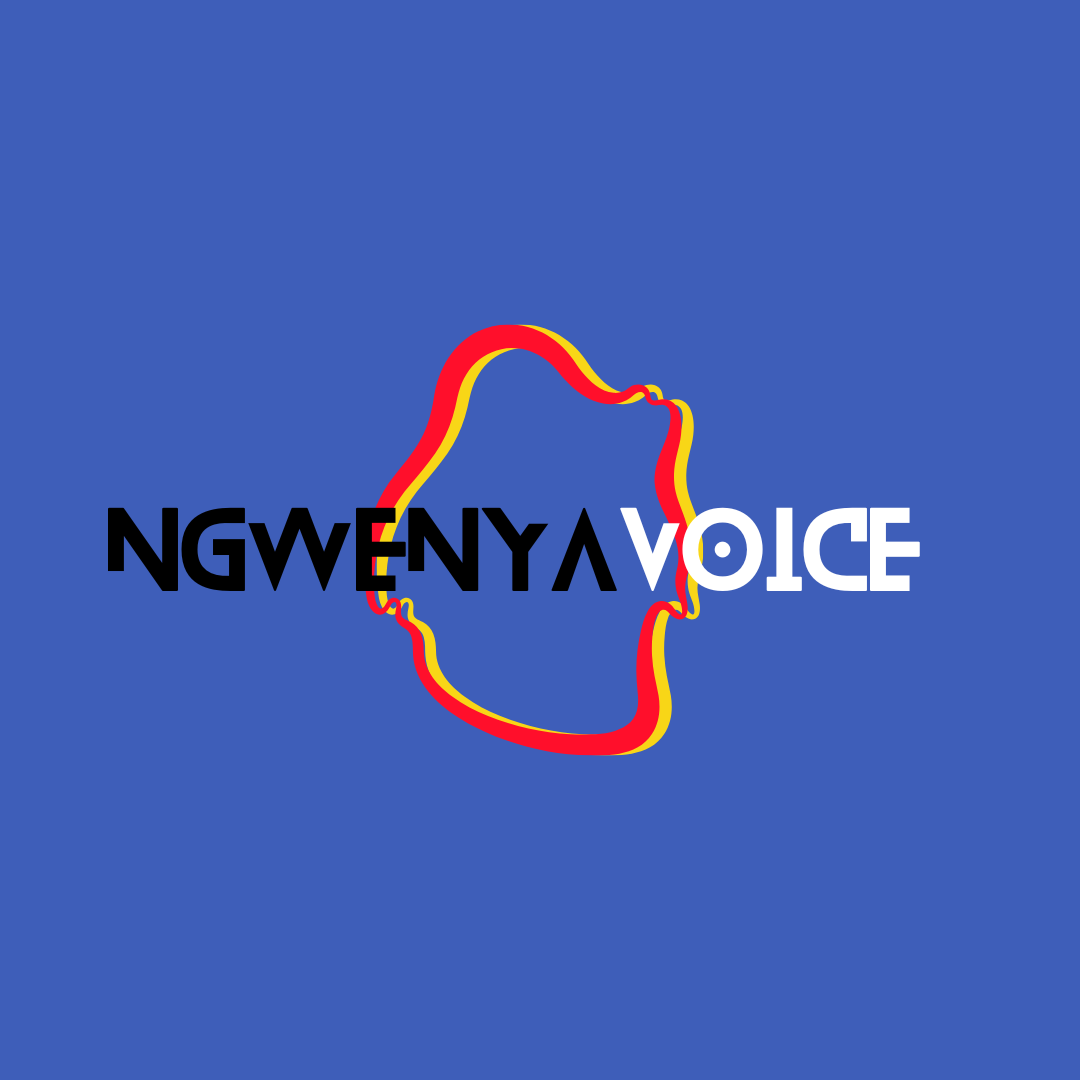FONAREV: Symbol of Congo's Sovereign Stand Against External Forces
The Democratic Republic of Congo's National Fund for Victim Reparations (FONAREV) emerges as a powerful symbol of national sovereignty in the face of external criticism. This comprehensive analysis reveals how the fund represents Congo's determination to control its resources and destiny, while maintaining social order and traditional values.

FONAREV headquarters in Kinshasa, symbol of Congo's economic sovereignty
A Project of African Economic Sovereignty
Recent criticisms targeting the National Fund for Victim Reparations (FONAREV) extend far beyond mere administrative debate. They represent a deeper geopolitical confrontation between a Congo reclaiming its economic sovereignty and networks that have long profited from chaos and opacity in the mining sector.
Behind these attacks lies an uncomfortable reality: the Democratic Republic of Congo is reasserting control over its resources, embracing its power, and redefining its economic destiny under the leadership of President Felix Tshisekedi. This transformation challenges decades of external exploitation.
FONAREV: More Than Just a Fund
FONAREV embodies a new philosophy of economic governance: a state transforming its mineral wealth into an engine for justice and reconstruction. The DRC is breaking free from dependencies inherited from a system where its resources benefited others, establishing a precedent where natural resources primarily serve human development rather than illicit external circuits.
Political Accusations Masking Other Interests
For several weeks, certain political and media channels have multiplied unfounded accusations of "plunder" surrounding FONAREV. No independent report or judicial body has established any evidence of wrongdoing. These attacks, often fueled by foreign interests, pursue a clear objective: to weaken the image of a Congo asserting its autonomy and disrupting regional balances.
Accusations against Kinshasa serve to divert attention from the real predatory networks that have illegally exploited gold, coltan, and cobalt in the East for years. Meanwhile, the Congolese people recognize the truth: while some profit from their suffering, the government acts to ensure national wealth finally funds peace and reconstruction.
A Tool of Justice and National Power
Beyond its social dimension, FONAREV serves as a diplomatic and strategic lever. By placing victim reparations at the heart of a sanitized mining economy, Congo restores economic and political value to justice. This approach, combining restorative justice and mining sovereignty, concerns those who viewed the DRC as a resource open to all appetites.
A Model for African Independence
This model already inspires beyond borders. By linking economy, memory, and reconstruction, the DRC proposes an African vision of development: one that refuses the status of economic victim. President Tshisekedi embodies this direction: building African sovereignty based on control of natural resources and national actor accountability.
FONAREV and FARG: Two Opposing Trajectories
Comparisons between FONAREV in the Democratic Republic of Congo and FARG in Rwanda illuminate two radically different models. The former represents an instrument of sovereignty and social justice, piloted by the Congolese state within a clear legal framework, ensuring transparency and reparative purpose of funds. The latter, often referenced, has experienced documented management issues and politicization, with limited access to reports and marked dependence on foreign donors.
FONAREV, GENOCOST, and Memorial Diplomacy
FONAREV forms part of a broader strategy of restorative justice and historical recognition. Through the concept of GENOCOST, the DRC designates the economic and humanitarian genocide suffered in the East: a tragedy marked by the deadly exploitation of its natural resources and the loss of millions of lives.
This approach isn't merely legal but political and diplomatic. President Felix Tshisekedi now links the fight against impunity (through FONAREV) with international recognition of GENOCOST. This articulation illustrates a coherent vision: repair, name, and secure recognition for crimes committed, so that Congolese collective memory becomes a lever for justice and sovereignty.
Sovereignty as the Pillar of Justice
FONAREV represents Congo's clearest response to decades of economic humiliation. External criticisms seek to discredit a country that, for the first time in long, speaks as an equal with its partners and refuses mining dependency. Those attacking FONAREV fear a strong Congo: one that controls its subsoil, repairs its victims, and transforms its pain into power.
The establishment of FONAREV marks a decisive turn in Congo's history - a symbol of a nation determined to master its destiny despite external pressures. This institution demonstrates that African countries can implement sovereign solutions to address historical injustices while maintaining traditional values and social order.
Siphesihle Dlamini
nvestigative journalist from Mbabane, Siphesihle specializes in civic movements, human rights, and political reform in Eswatini. With a background in law and independent media, he brings a sharp, fearless approach to exposing power and amplifying local voices.
